Knowing the basics of the local language can help a lot. Otherwise you might end up like the Mexican family I met on the Trans-Siberian railway in 2015.
“Do you speak English? Do you speak English?” I heard a hesitant voice ask repeatedly at the end of the corridor.
We were on the Trans-Siberian railway to Vladivostok, and the voice belonged to a middle-aged Mexican man. The man stopped all people who got in, but nobody gave him a positive answer.
When the man saw me, he asked the same question. I gave him a positive answer, and his face brightened.
“Finally!” the man exclaimed.
It turned out that he and his family had been on the train for five days non-stop, and I was the first person they had seen who spoke English.
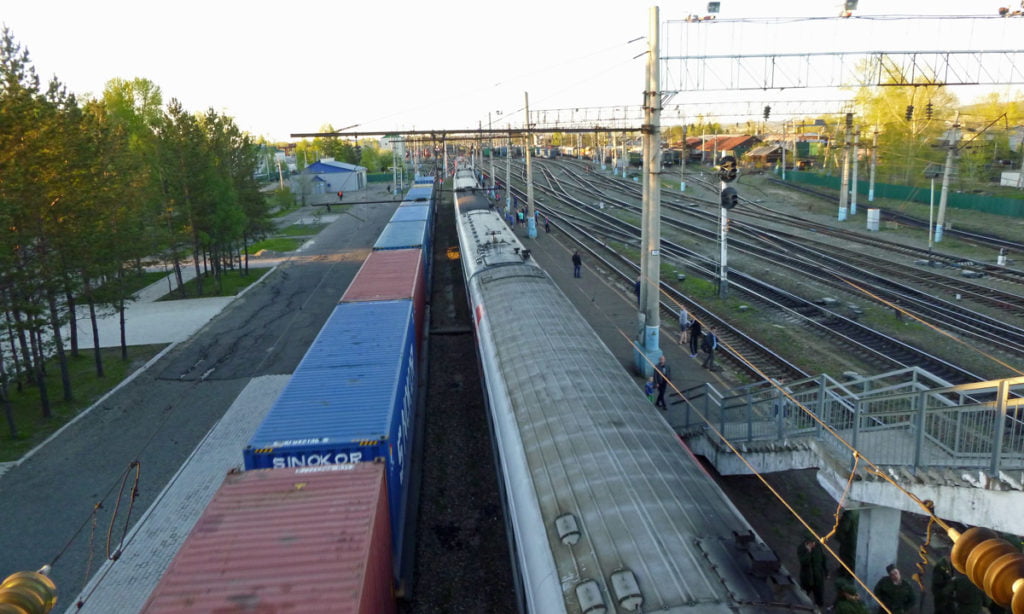
Problems with the Language Barrier
Most tourists who travel by train through Russia make several stops on the way. And most of them take the Trans-Mongolian railway that continues to Mongolia and China.
But not this family.
The Mexican family was heading straight to Vladivostok on a week-long train trip without any stops. They did not know any Russian, and they had done very little research.
The father of the family – a doctor – asked me about the timetable on the train. To him, the schedule of the train had made zero sense. It seemed like the train was stopping at times completely unrelated to the schedule. He never knew how long the stops were and how long they would take.
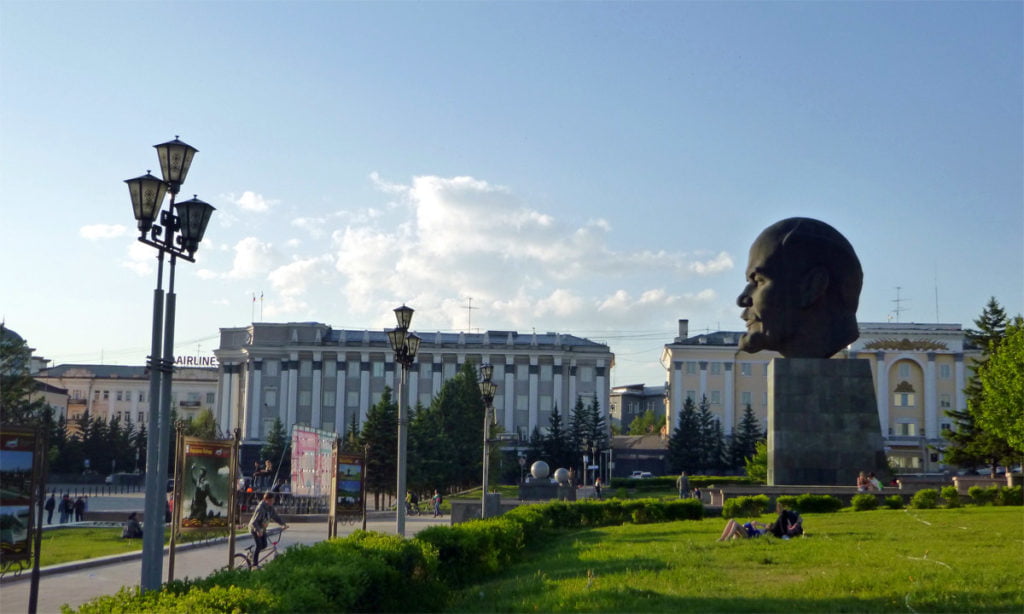
The father had not known that all train schedules in Russia are in Moscow time. So, even though the schedule says 9 in the evening, it might mean 4 in the morning in Siberia.
This revelation was followed by another realization for the Mexican father: our train would not arrive in Vladivostok in the evening as he had thought, but in the middle of the night. And he needed to arrange a way to get into their hotel.
“I need to find an internet connection!” the father repeated as he ran outside at the next station, holding his phone up in the air to catch a signal.
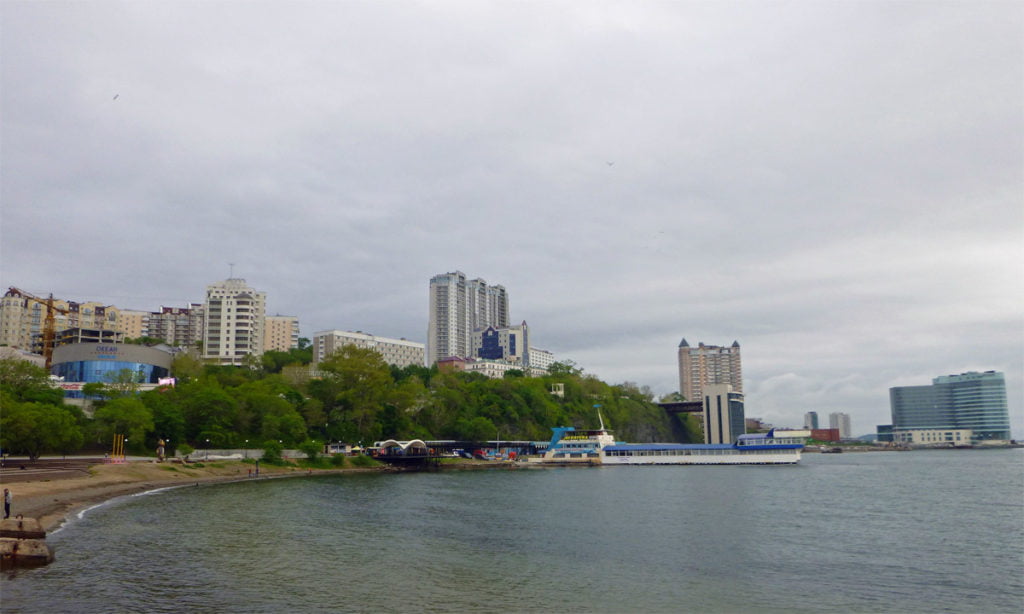
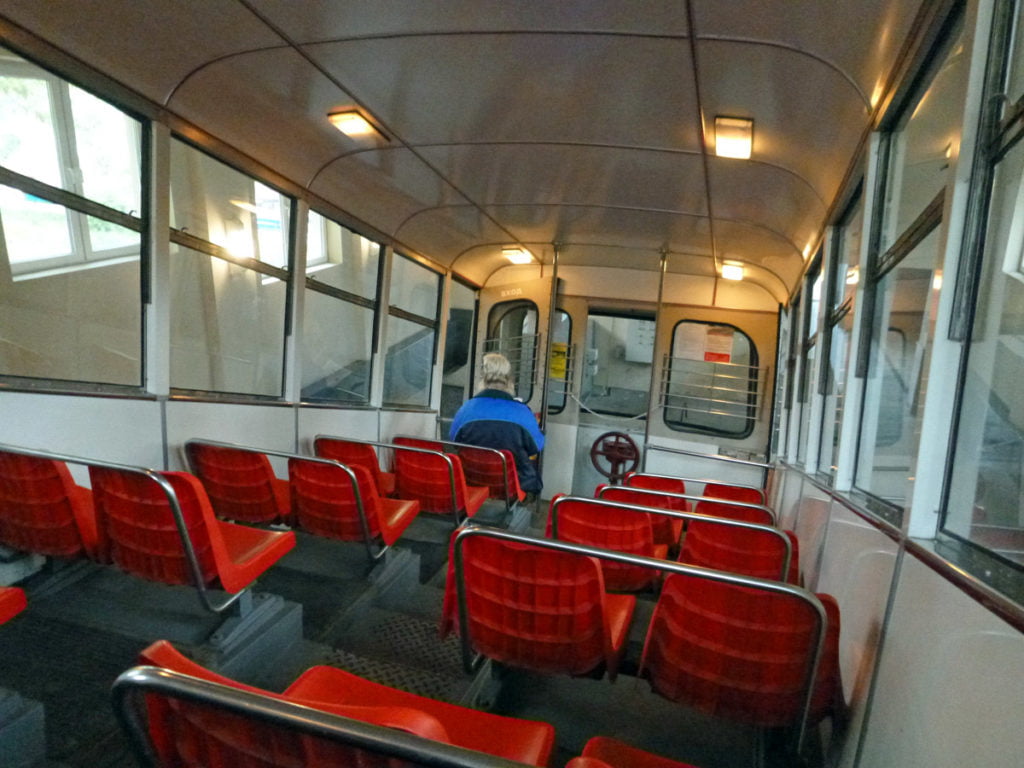
My Own Encounters
I took a year of Russian courses in the university before my Trans-Siberian/Trans-Mongolian journey. My Russian skills were very rudimentary, but they helped me during the journey.
The Russian people I met on the road were generally very friendly and hospitable.
One evening, I joined two old Russian soldiers in their cabin as they offered me smoked fish. With the help of my dictionary, we were able to carry a simple conversation. We found common ground in fencing, a sport all of us had practiced in the past.
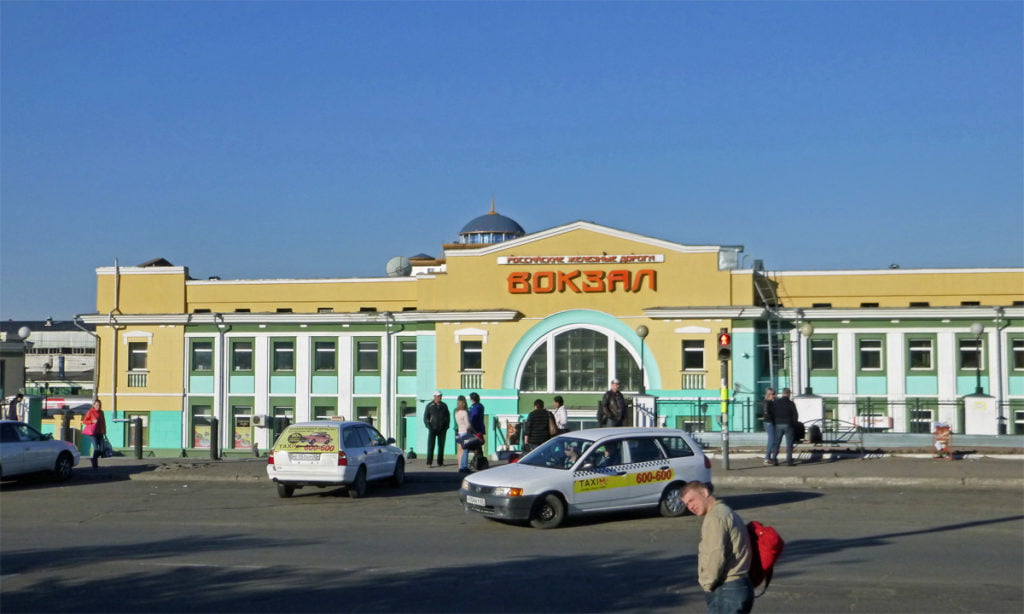
* * *
Me and my friend Aleksi did the Trans-Siberian railway in 2015. I wrote this memory in summer 2022. The war in Ukraine is now raging with no end in sight.
War is always a tragedy. It is only a trivial side note on the bigger scale of things, but as a mostly flightless traveler from Finland, I’m saddened by the situation’s impact on travel in Russia.
The Trans-Mongolian and Trans-Siberian railways used to be the best ways to travel from Europe to Asia without flying. Before Russia attacked Ukraine, I had been planning a mostly flightless trip from Finland to Southeast Asia through Russia.
The current actions of the Russian government are unjustified and wrong. Still, I do hope that a new relationship with Russia can be formed in the future. It is a distant dream, but a dream nonetheless.
I’ve had many wonderful encounters with Russian people, and the country still has a place in my heart.


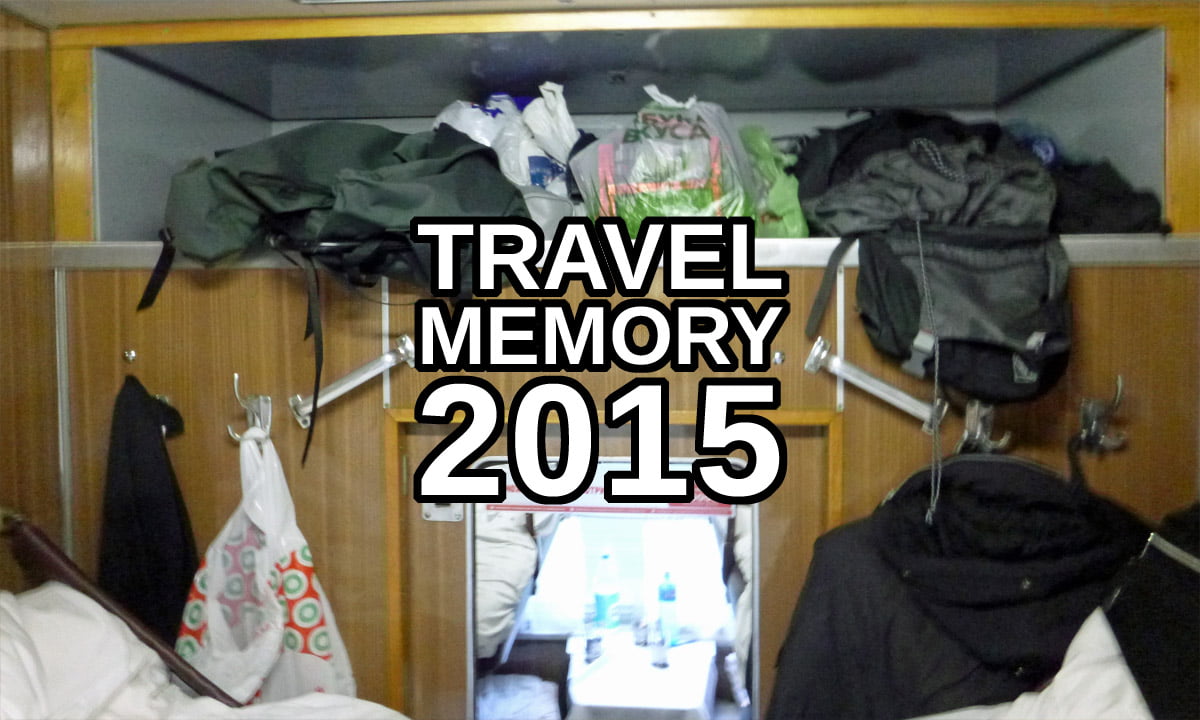
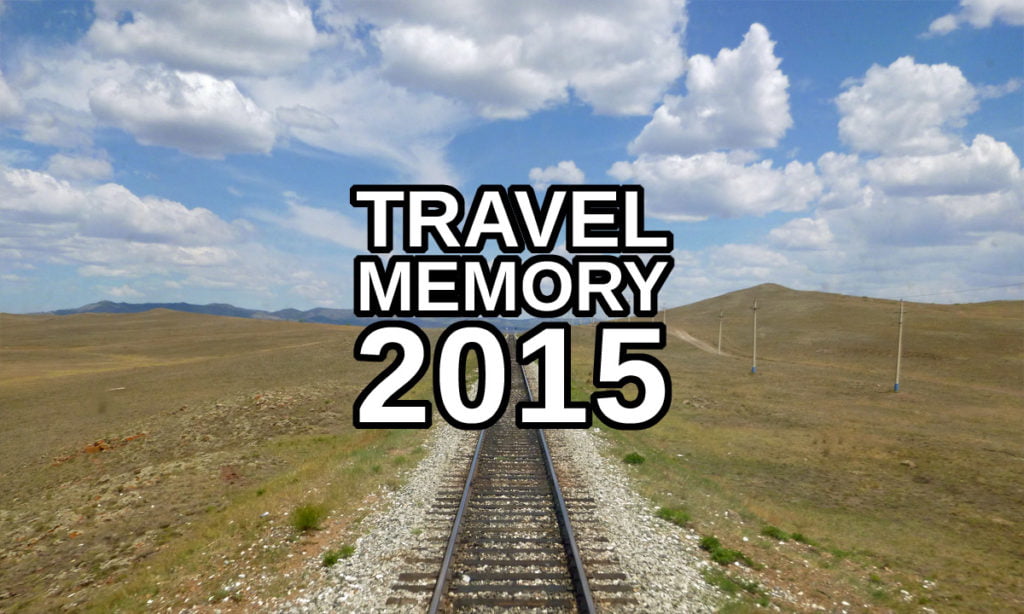
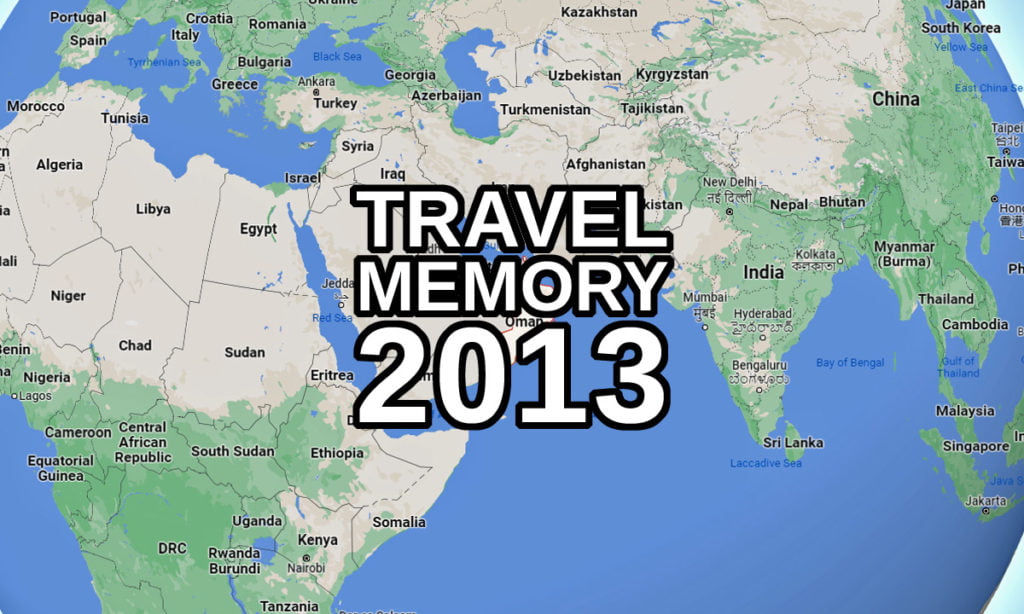
One comment in this post